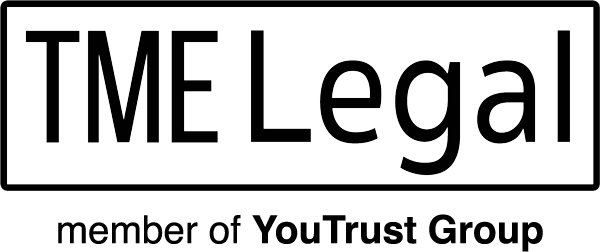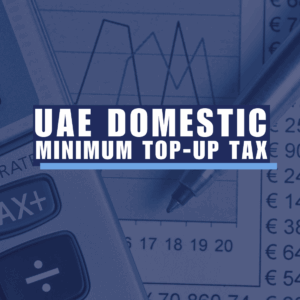- Effective November 15, 2024, the UAE Federal Tax Authority (FTA) mandates that for a supply to qualify as a single composite supply, the price of its components must not be separately identified or charged.
- This change affects industries such as aviation, healthcare, IT, and real estate, where services are often bundled.
- Businesses must reassess their VAT treatment of supplies and review contracts, invoices, and pricing structures to ensure compliance.
Revised VAT Treatment of Multi-Component Supplies
The UAE’s Value Added Tax (VAT) framework categorizes supplies into standard-rated, zero-rated, exempt, or outside the scope of VAT. When a supply comprises multiple components, determining its VAT treatment involves assessing whether it constitutes a single composite supply or multiple separate supplies.
Historically, the classification hinged on two primary tests:
- Principal and Incidental Components Test: Evaluates whether ancillary elements are integral to the principal supply.
- Unnatural Splitting Test: Assesses if separating components would be artificial or impractical.
However, with the implementation of Cabinet Decision No. 100 of 2024, effective from November 15, 2024, an additional criterion has been introduced:
- Pricing Structure Criterion: For a supply to be considered a single composite supply, the supplier must not separately identify or charge prices for its different components. If the tax invoice, quote, or underlying contract specifies individual prices for each component, the supply is treated as multiple supplies, regardless of the other tests.
Timeline:
- October 4, 2024: Cabinet Decision No. 100 of 2024 issued, amending the VAT Executive Regulations.
- November 15, 2024: Amendments come into effect.
- March 14, 2025: FTA publishes Public Clarification VATP040, providing guidance on the amendments.
Implications for Businesses:
The revised regulations necessitate a thorough review of existing contracts, pricing strategies, and invoicing practices. Industries commonly bundling services must pay particular attention:
- Aviation: Budget airlines often charge separately for services like priority boarding or seat selection. Under the new rules, these may be treated as separate supplies, potentially altering their VAT treatment.
- Healthcare: Hospitals charging separately for room accommodation and meals alongside medical services must assess whether these charges constitute multiple supplies, affecting their VAT obligations.
- Information Technology: Companies providing software along with installation or support services need to determine if these are separate supplies, especially when serving overseas clients, as this could impact the applicability of zero-rating.
- Real Estate: Developers offering different pricing for installment plans versus upfront payments must consider if these financial arrangements are separate supplies, influencing their VAT treatment.
Conclusion
The introduction of the pricing structure criterion marks a significant shift in the UAE’s VAT landscape. Businesses must ensure that their supply arrangements, contractual documentation, and invoicing practices align with the new requirements. Failure to comply could result in unintended VAT liabilities and potential penalties.
It is advisable for companies to:
- Conduct a comprehensive review of all multi-component supplies.
- Reassess contracts and pricing strategies to ensure components are not separately identified unless intended.



